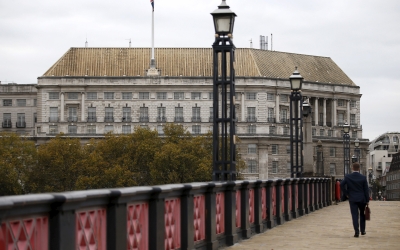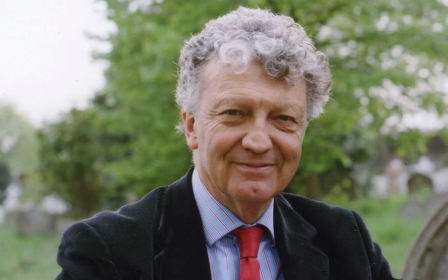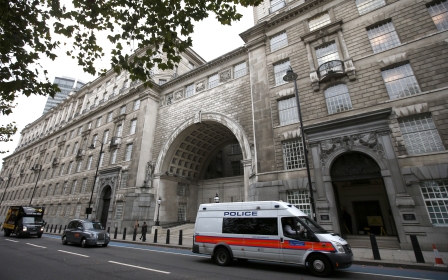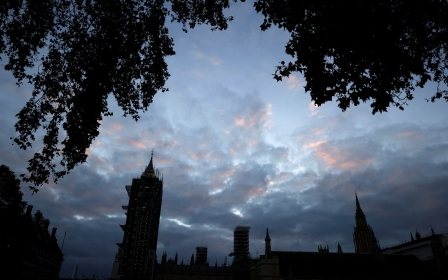UK parliament on course to approve law allowing secret agents to commit crime

A controversial law that will permit agents recruited by the UK's police and domestic security service MI5 to commit serious crimes has passed one of its final hurdles in parliament.
Known as the Covert Human Intelligence Sources (Criminal Conduct) Bill, the new law puts onto a statutory footing a shadowy practice that has been informally permitted for decades.
The British government decided to draw up the legislation after a number of NGOs brought a legal challenge to the long-standing informal practice.
It passed its first parliamentary stages after the leader of the Labour opposition Keir Starmer - a former chief prosecutor for England and Wales - instructed his MPs to abstain rather than vote against the new law.
Members of parliament's upper house, the Lords, voted to amend the bill in order to prohibit the police and MI5 from recruiting juveniles as covert human intelligence sources, or "chises" as such agents are known in UK law enforcement circles.
Members of the lower house, the Commons, rejected the amendment after Michael Ellis, the government’s solicitor general, told them that juveniles were recruited as chises only in exceptional circumstances, and insisted that there were sufficient safeguards in place to protect them.
A second Lords' amendment, which would have prohibited chises from being authorised to commit murder, torture or rape, was also rejected when the bill returned to the Commons on Wednesday.
Ellis said it was important that criminals were not presented with “a checklist” against which they could test the reliability of their accomplices.
The bill will now go back to the Lords.
Since March 2017, the police and MI5 have foiled 28 terrorist plots against the country, Ellis said, and human intelligence was central to each successful investigation.
New law may be open to abuse
The UK parliament's human rights committee has warned that the new law may be open to abuse.
But the government insists that human intelligence is so important in combatting terrorism and serious crime, that the agents it recruits cannot be placed at risk by refusing to participate in the offences that they report on.
Two of the NGOs that brought the legal challenge are based in Northern Ireland, where agents recruited by MI5, the police, and military intelligence are known to have committed a series of serious crimes.
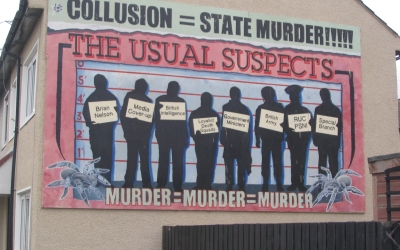
The most notorious was the 1989 murder of a Belfast lawyer, Pat Finucane, who was shot dead in front of his wife and children.
Three subsequent official inquiries established that the murder was planned by an employee of the UK’s Ministry of Defence and that the weapons were supplied by a police informer. When the getaway driver was arrested, he was recruited as an agent rather than prosecuted.
Police oversight inspectors have also uncovered allegations that a chis who confessed to shooting a woman in her head with a shotgun was subsequently given a pay rise by his police handlers, because following the murder he was promoted within the terrorist group he was reporting upon.
The new law will allow the authorisation of crimes committed within the UK.
A law that was passed in 1994 has provisions for senior government ministers to sign warrants that protect UK intelligence officers who commit crimes outside the UK from being prosecuted or sued within the country.
Like the Covert Human Intelligence Sources bill, that law can also be used to authorise the use of lethal force.
Middle East Eye delivers independent and unrivalled coverage and analysis of the Middle East, North Africa and beyond. To learn more about republishing this content and the associated fees, please fill out this form. More about MEE can be found here.


